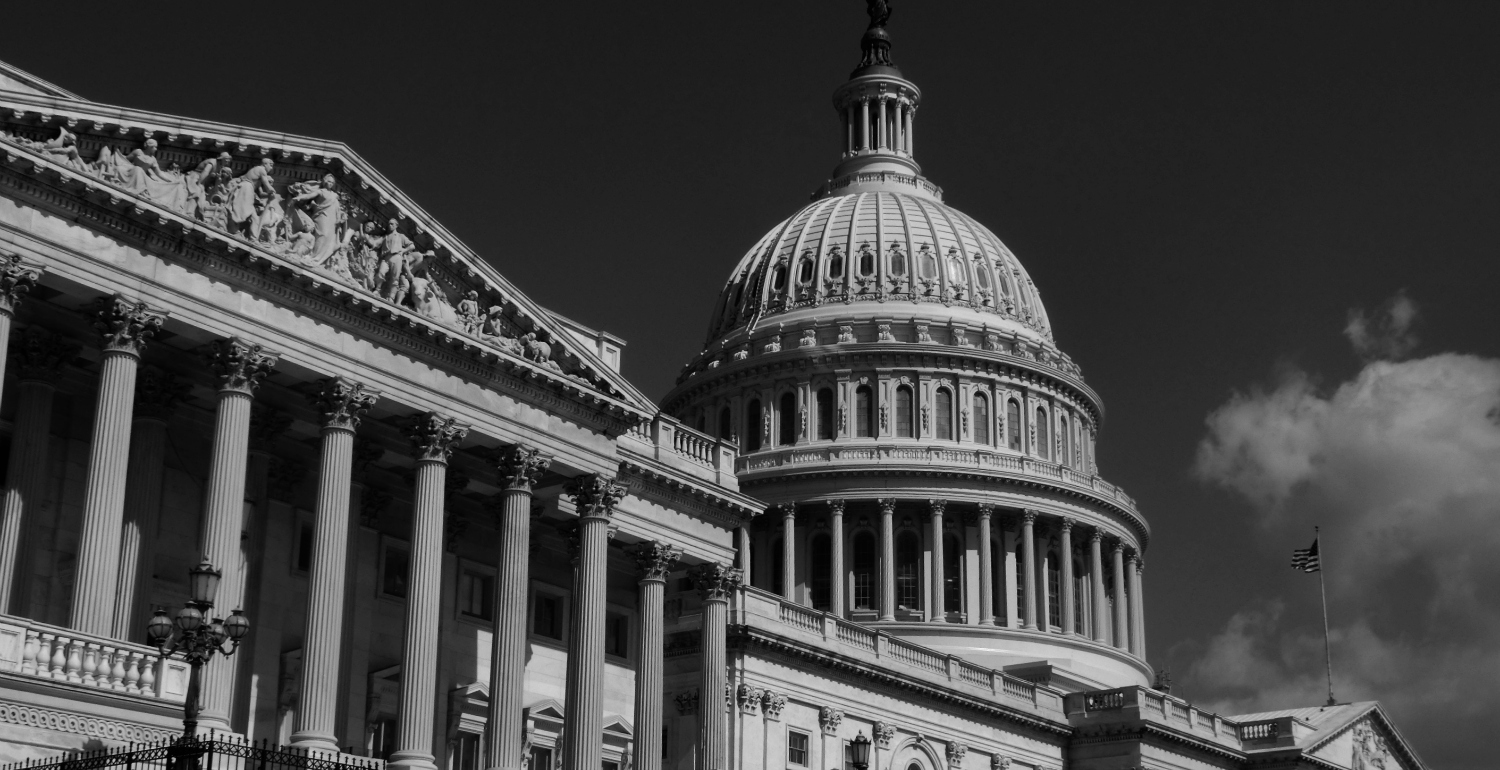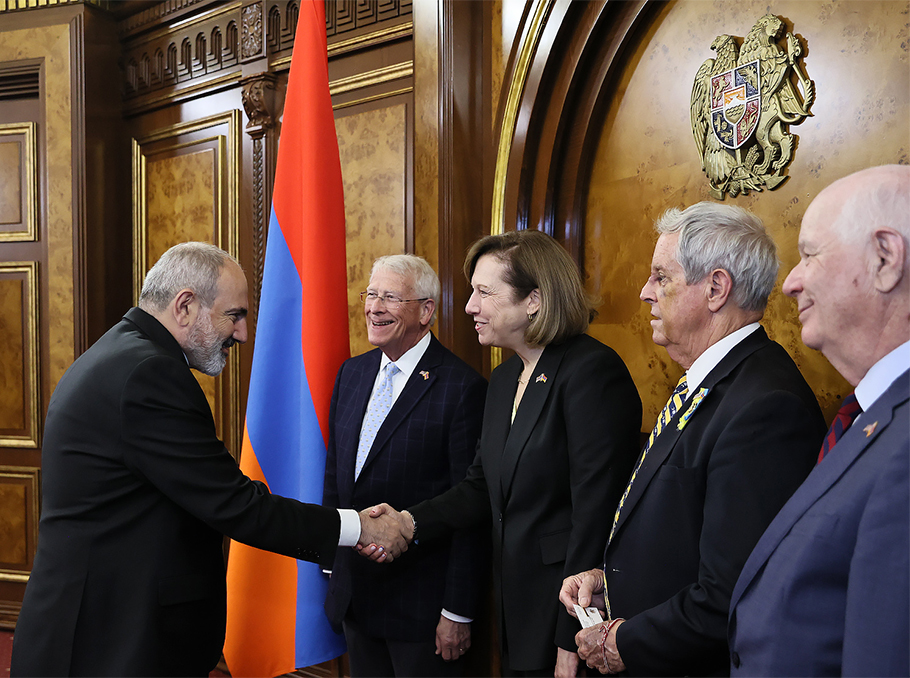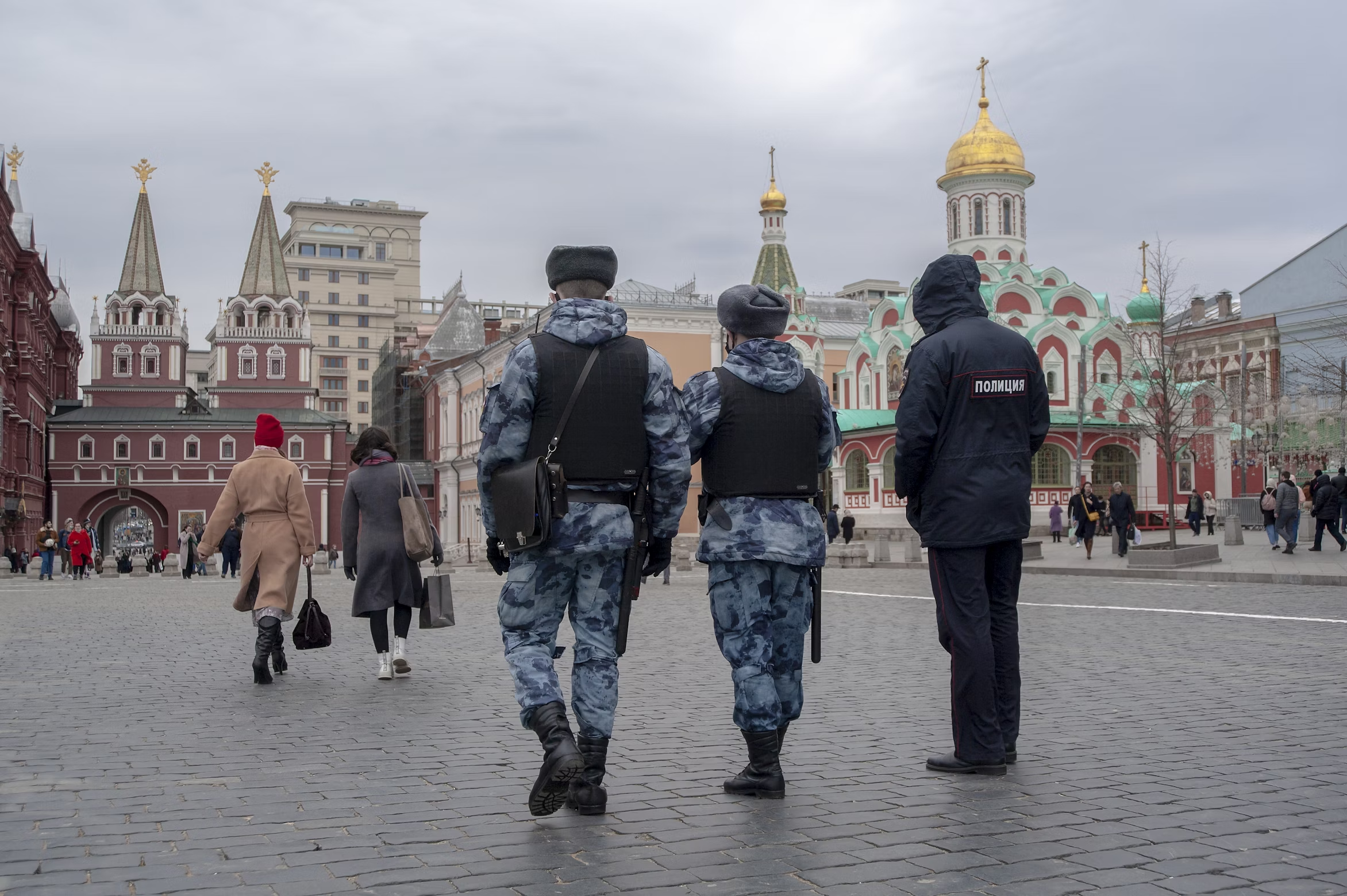Thursday, June 20, 2024
2:00 p.m.
Cannon House Office Building Room 210
WASHINGTON—In 2012, Russia adopted a foreign agents law which has been used repeatedly to crack down on independent civil society and opposition, closing organizations and jailing dissenters. Over the past several years, there has been a proliferation of Russian-style foreign agents laws in other countries which, while justified as providing transparency for foreign funding and influence, in reality are used to control and restrict civil society. They are implemented in a climate of increasing repression of civil society, including NGOs, human rights activists, independent media, and election observers. They often target U.S. and European supported civil society.
Authoritarian regimes use the designation of foreign agent to stigmatize and discredit organizations and individuals and to give the government the right to involve itself not only in an organization’s finances, but sometimes also in its activities. These laws usually involve onerous reporting requirements and noncompliance can result in steep fines, closure of an organization, or jail. Governments falsely claim that their laws are similar to transparency or lobbying laws in the United States and other democratic countries, which have been put in place to make hidden foreign influence more transparent and address propaganda and malign foreign influence.
This briefing will discuss how and why so many countries are adopting this authoritarian tool to repress civil society, with particular focus on Georgia, Kyrgyzstan, Slovakia and Hungary.
Panelists will include:
- Jasmine D. Cameron, Esq., Senior Legal Advisor for Europe and Eurasia, Center for Human Rights, American Bar Association
- Dr. Lincoln Mitchell, School of International and Public Affairs, Columbia University
- Martina Hrvolova, Chair of Friends of Slovakia
###










